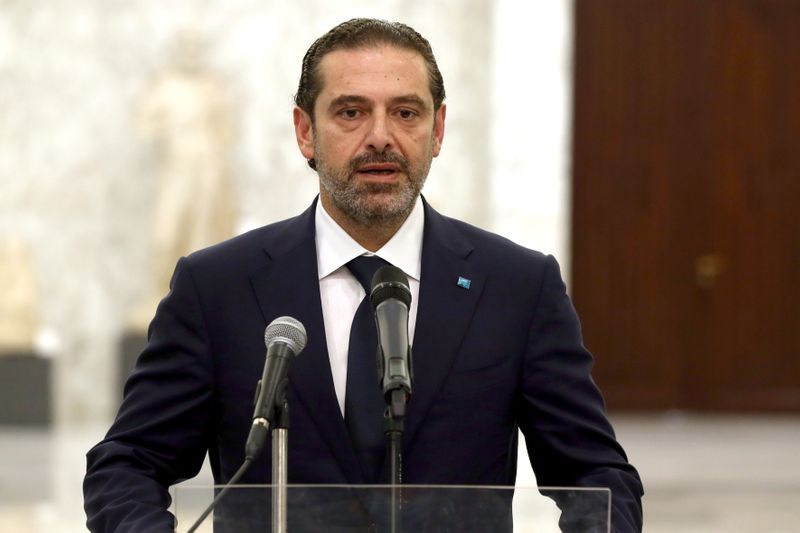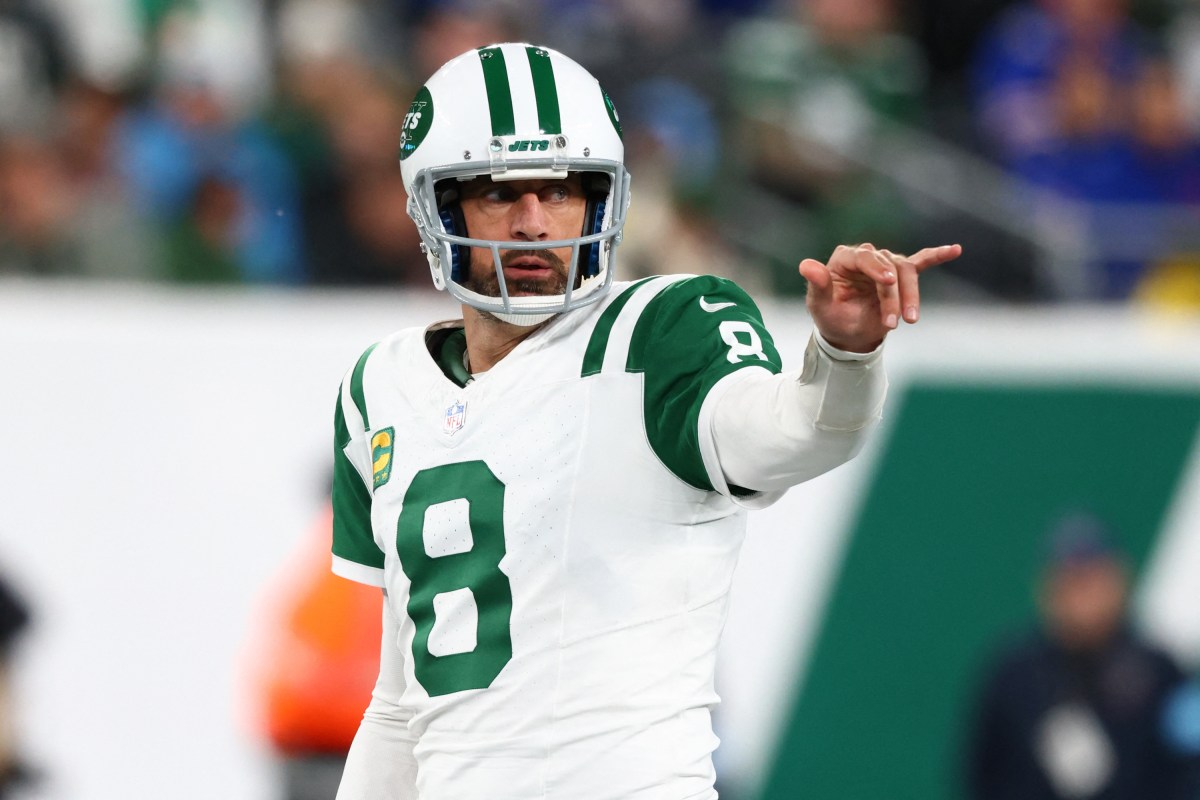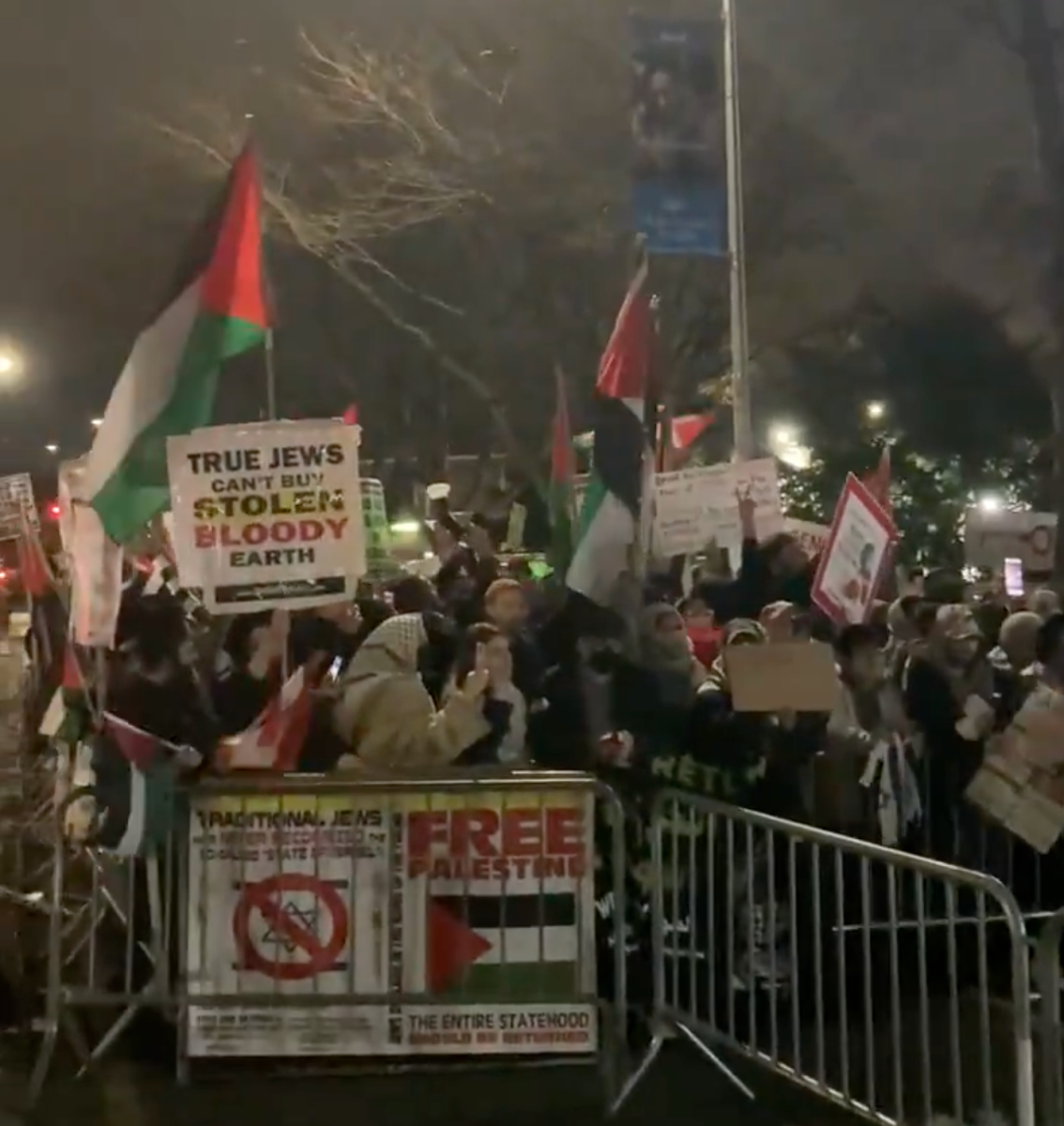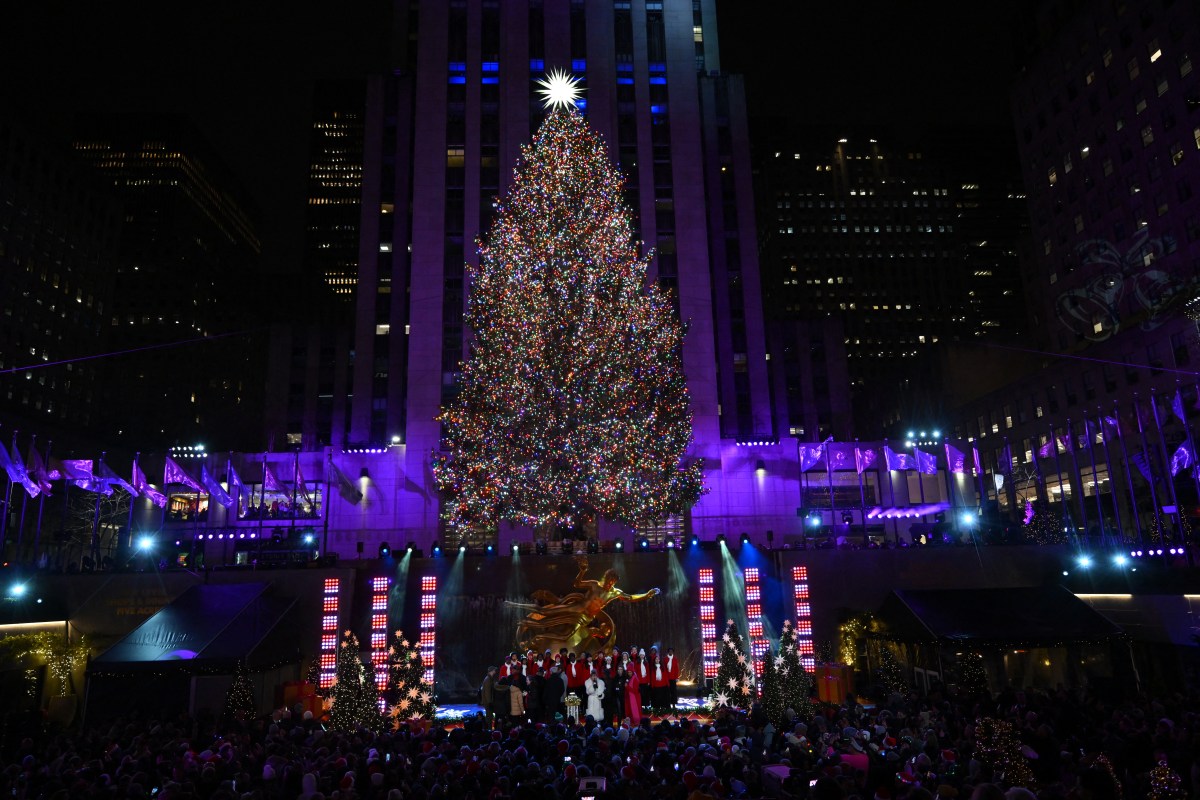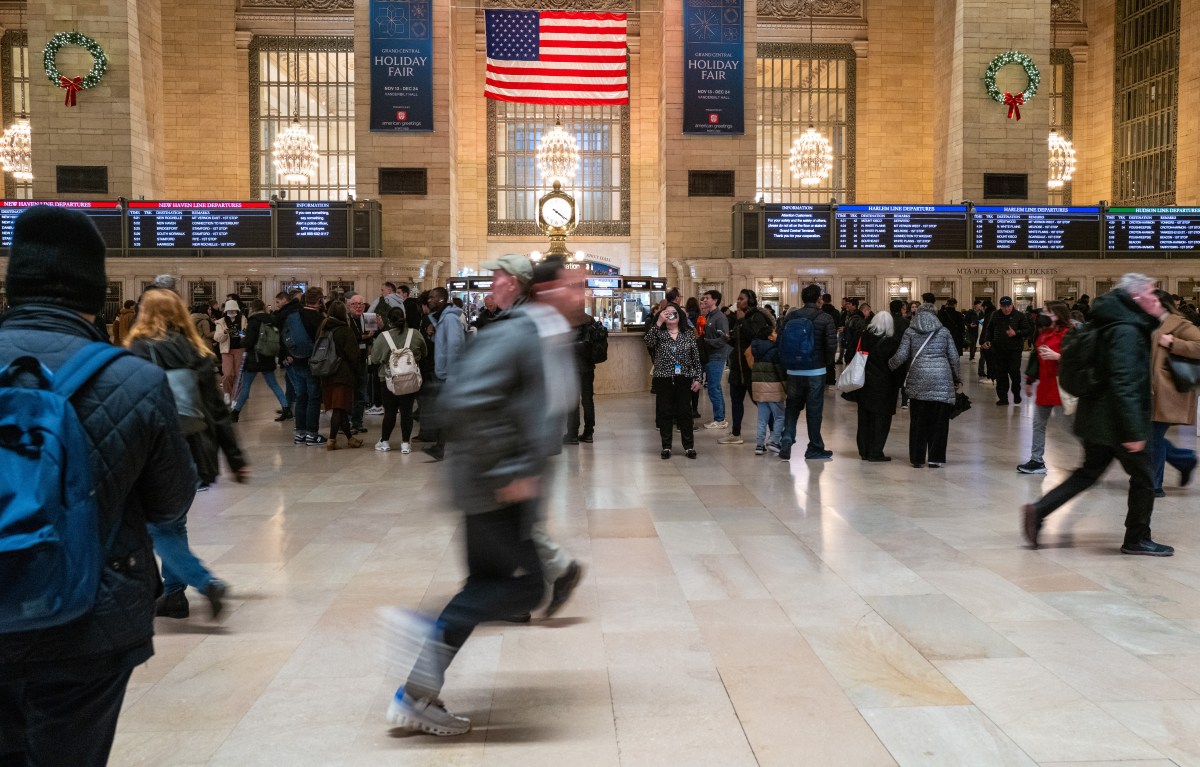BEIRUT (Reuters) – Lebanon’s Prime Minister-designate Saad al-Hariri said on Thursday after a meeting with President Michel Aoun that forming a government that could re-engage with the IMF was the only way to halt the country’s financial collapse.
The meeting took place after a heated exchange on Wednesday night between the two politicians, who have been at loggerheads for months over cabinet formation.
Aoun, in a televised speech, asked Hariri to form a new government immediately or make way for someone else. Hariri hit back by telling him that if he could not approve his cabinet line-up then he should call an election.
On Thursday, Hariri’s tone was more positive after saying a further meeting was scheduled for Monday and that he saw “an opportunity to be seized”.
“The main priority of any government is to prevent the collapse that we are facing today… that we proceed to start halting the collapse with the IMF and regain the trust of the international community,” he told reporters.
Lebanon’s talks with the IMF stalled last year over a row among government officials, bankers and political parties over vast financial losses.
The Lebanese pound has sunk by 90% in the country’s worst crisis since the 1975-1990 civil war. It has plunged many into poverty and endangered imports as dollars grow scarce.
Politicians have since late 2019 failed to agree a rescue plan to unlock foreign cash which Lebanon desperately needs.
In Paris, French President Emmanuel Macron said he would push for a new approach in the coming weeks as Lebanon’s main actors had made no progress to resolve the crisis.
“We are really looking at the abyss, seeing it very clearly, and I think it’s either now or never,” Mohanad Hage Ali of the Carnegie Middle East Center said, alluding to the urgency of forming a new government able to make reforms.
He added that major political parties, including Aoun’s ally, the Iran-backed Hezbollah movement, were re-evaluating their positions as delays worsen the economy’s free-fall and unrest grows.
STRIKES AND CLOSURES
The currency has crashed so fast in recent weeks, losing a third of its value, that grocery shops closed on Wednesday and bakeries cautioned they may have to follow suit.
Many pharmacies shut their doors on Thursday and flashed neon strike signs, the latest sector of the economy to voice frustration.
Ali Obaid, a Beirut pharmacist, said he could no longer keep up with expenses. “Pharmacies will close permanently if this continues,” he said.
Comments that subsidies – including on fuel, wheat and medicine – may soon end have also triggered panic buying.
Cars lined up outside gas stations earlier this week, and scenes of brawls over subsidised goods at supermarkets have heightened fears among Lebanese over their most basic needs.
The sharp descent of the pound sent protesters into the streets this month, blocking roads in anger at an entrenched political elite that has dominated since the civil war.
(Reporting by Maha El Dahan and Laila Bassam in Beirut, Ellen Francis in Dubai with additional reporting by Samia Nakhoul, Imad Creidi and Mohamed Azakir; Editing by Mark Heinrich and Angus MacSwan)

